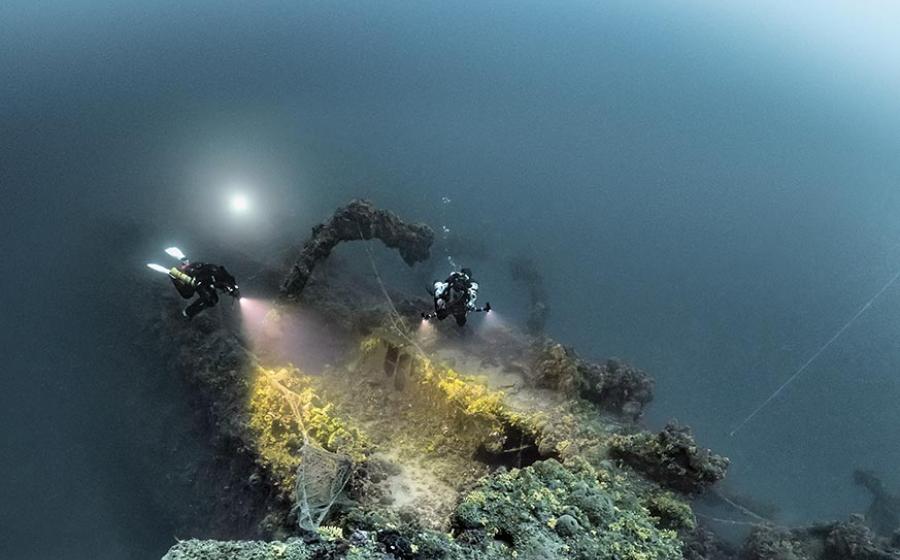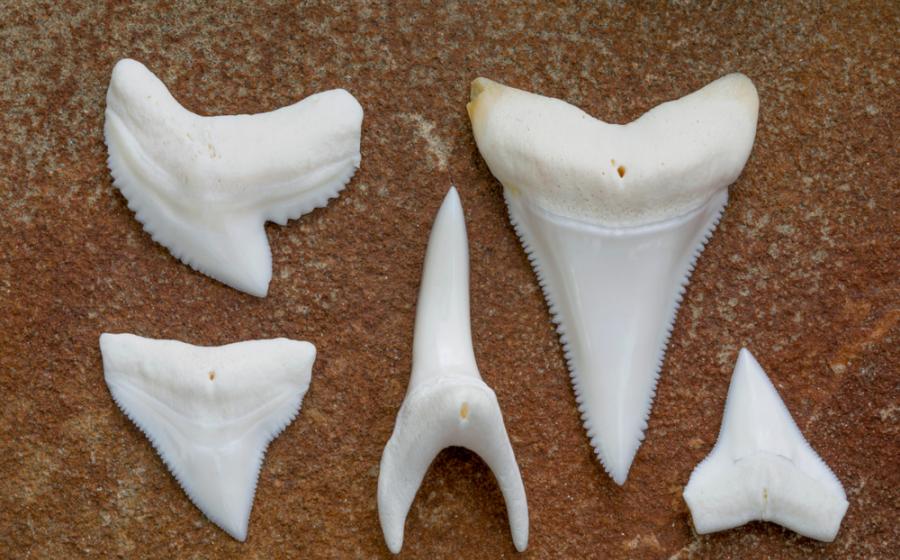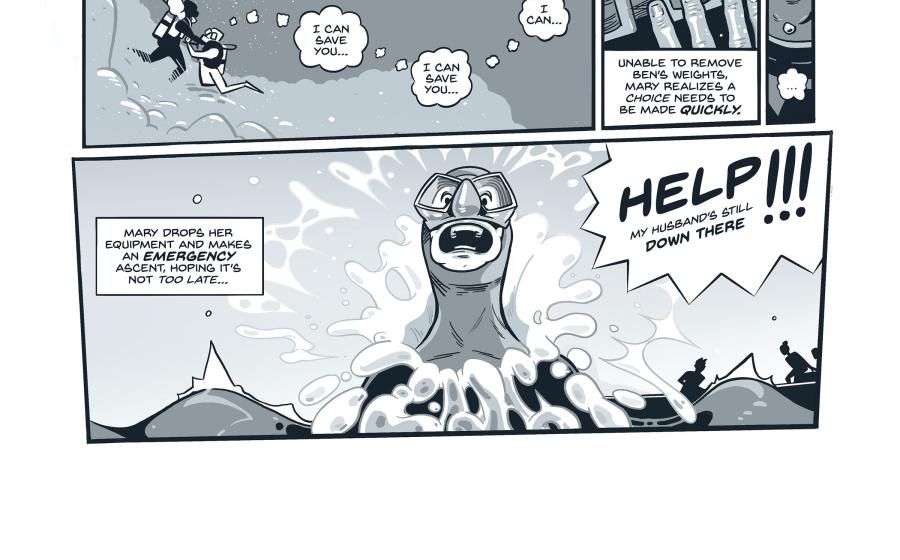What Remains Unknown About the Deep Sea?

Shutterstock.com/korkengMuch of the deep sea remains unexplored and there are undoubtedly amazing discoveries that no one has any idea to even look for.
Q: Scientists remark all the time that we know more about the surface of the moon than we know about our own oceans. What remains unknown about the deep sea?
A: It’s really hard to answer questions like this, because so much of the deep sea remains unexplored that there are undoubtedly amazing discoveries that no one had any idea to even look for. In such alien ecosystems, we often don’t know what we don’t know! We didn’t even know that hydrothermal vent ecosystems existed until shortly before I was born, and scientists reported a new type of ecosystem under hydrothermal vents this past month . But here are some things that we know are almost certainly out there, yet to be discovered.
There are LOTS of undiscovered species in the deep sea. As I noted in a past “ask a marine biologist,” there are an estimated millions to hundreds of billions of species that are as yet unknown to science. Many of those species are in the deep sea, which is one of the least-explored environments on Earth. Earlier this year, scientists reported more than 5,000 new species living on the seafloor in the Clarion-Clipperton Zone of the Pacific alone My deep sea biologist friends have joked that basically any time we send down an ROV or crewed submersible, we find something that no human has ever seen before.
Related Reading: What Can Divers Do to Help With Ocean Plastic Pollution?
There are also lots of seamounts, underwater mountains which are often bigger than just about anything on land, that have yet to be discovered. These seamounts are important hotspots for marine life and are often prioritized for marine protected areas. Additionally, as ESRI Chief Scientist Dr. Dawn Wright noted in a recent op-ed entitled “To protect the oceans we must map them,” these seamounts play a role in the flow of ocean currents tied to storm formation. You may be thinking that it must be rare for there to be something as huge as a mountain that no one knows is there…but consider that scientists from the Scripps Institution of Oceanography published a report of 19,325 previously-unknown seamounts in April 2023. Before that, just 24,463 seamounts were known to science.
And while this may be a copout of an answer, there’s almost certainly some even weirder stuff down there that we haven’t thought of yet. This is an environment where sunlight never reaches, and the base of the food chain is chemosynthesis not photosynthesis. The pressure is hundreds of times greater than at sea level, enough to pulverize a lot of life as we know it. One of the biggest sources of nutrients is dead whales sinking. Who knows what’s out there?
Related Reading: How Scuba Divers Are Helping to Save the Critically Endangered Angel Shark
It’s important to stress here that it matters that we don’t know much about the deep sea and the amazing marine life that lives there, this isn’t just a case of knowledge for the sake of knowledge. This area faces many emerging threats, from the expansion of fisheries into ever deeper waters to the race to mine the region. We don’t know everything that’s down there, let alone how it will respond to threats like this, which means we face a very real risk of driving a species extinct before anyone knows it’s there, with entirely unknown consequences for the broader ecosystem.
Ask a Marine Biologist is a monthly column where Dr. David Shiffman answers your questions about the underwater world. Topics are chosen from reader-submitted queries as well as data from common internet searches. If you have a question you’d like answered in a future Ask a Marine Biologist column, or if you have a question about the answer given in this column, email Shiffman at [email protected] with subject line “Ask a marine biologist.”

Courtesy ImageDavid Shiffman
Dr. David Shiffman is a marine conservation biologist specializing in the ecology and conservation of sharks. An award-winning public science educator, David has spoken to thousands of people around the world about marine biology and conservation and has bylines with the Washington Post, Scientific American, New Scientist, Gizmodo and more. Follow him on @WhySharksMatter on Twitter, Facebook and Instagram, where he’s always happy to answer any questions about sharks.
The views expressed in this article are those of David Shiffman, and not necessarily the views Scuba Diving magazine.










